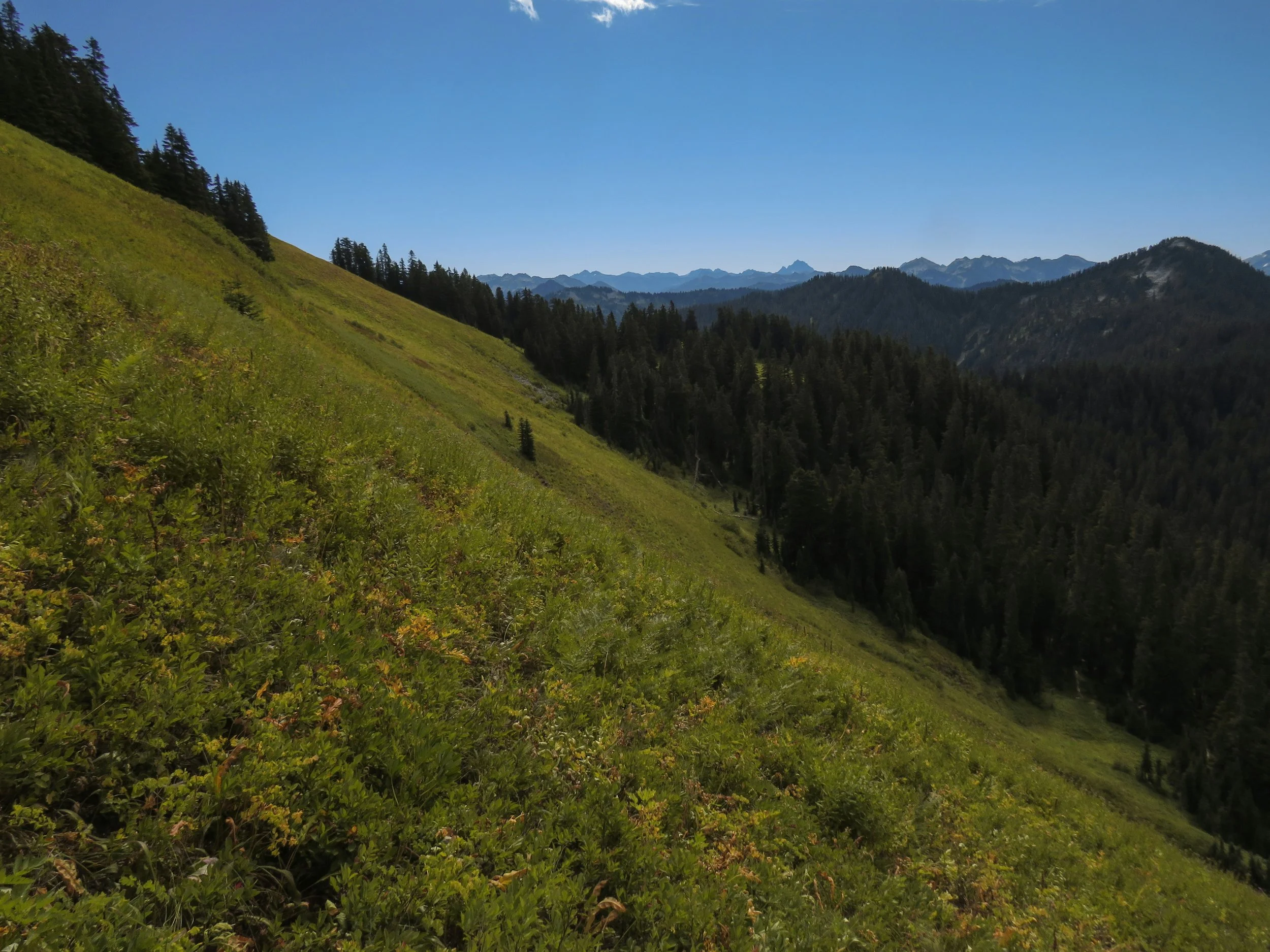Restoring land & meeting basic human needs
Lunchtime Reads: A Win for Nature, Indigenous Sovereignty, and Criminalized Communities
It’s spring break at the university where I lecture, so I will keep this post short and share this exciting article from ray levy uyeda over at Prism Reports, “One way to stop a prison? Return the land to Indigenous stewards.” The Appalachian Rekindling Project, an indigenous-led initiative aimed at restoring native communities to the region, purchased 68 acres of private land that was slated to be included in a 500-acre Federal Bureau of Prisons project in Roxana, Kentucky.
The purchase undermines the construction of the would-be medium security prison that the county’s Congressional representative, Republican Hal Rogers, has wanted for nearly 20 years now on the grounds that the county could use the economic stimulus that would come with the prison’s construction. That’s what I kept reflecting on as I read this story.
What’s telling about politicians in favor of prison build-up as a form of economic stimulus – which is to say every politician who has proposed building new prisons – is that this is the Keynesian economics they purport to be against in the case of Republicans, or that they try to reserve only in case of emergency in the case of the contemporary Democratic Party. Per the case they make to taxpayers, government spending is both a desirable and effective means for stimulating distressed economies.
That begs the question, if they’re willing to spend $500 million to build this prison, assuming there are no cost overruns, why not spend that money directly addressing human and ecological needs? The land and water of the region have been devastated by intensive resource extraction methods like mountaintop removal coal mining. An equally intensive remediation campaign would immediately inject much-needed vitality into the economy while laying the foundation for future use.
There’s another important factor: Prisons construction isn’t actually an effective tool for long-term economic development in rural areas. There’s a bait and switch that takes place. Prison construction projects are dangled in front of blue collar residents of places that have been abandoned by both government and corporations, areas that have seen many small businesses close. Once construction begins it looks busy and there is a short-term injection of cash – but construction is temporary and so are its effects.
After the prisons come online, things change. Take this 2023 metaanalysis of studies on the economic impact of prison construction on rural communities by Professor Dae-Young Kim. The SUNY Buffalo State researcher looked at studies on the subject since the 1990s. He found that few local residents are hired to actually run the prisons because of the education and experience requirements. Few local businesses are contracted to fill orders for the goods that prisons need to operate because they lack the capacity. Furthermore, as I have previously written about here at Religion in Revolt and at Sojourners, the residents of these depressed areas are actually helping to import their workforce competition: incarcerated people do low-wage work both inside and outside of the prison that locals are otherwise qualified to do at wages too low any person, incarcerated or free, to survive on. In short, prison construction for rural communities is a Faustian bargain.
The Appalachian Restoration Project plans to bring bison back to the land they purchased. They will also plant native and non-native flora to help restore the land, provide food, and help with flood protection. That latter point is especially welcome after the catastrophic floods Central Appalachia experienced in 2022. They will hire locals for planting projects and to erect the fences needed for the bison to roam safely.
While everything seems terrible, people are still working to build the world that we need. Resignation is self-defeating when effective action is still possible. I guess I lied about keeping this one short. It’s because I’m hopeful.
In solidarity,
Dwayne
